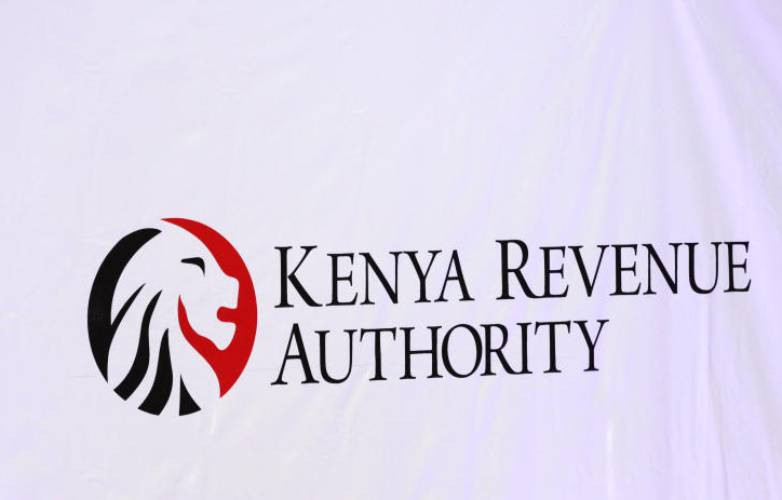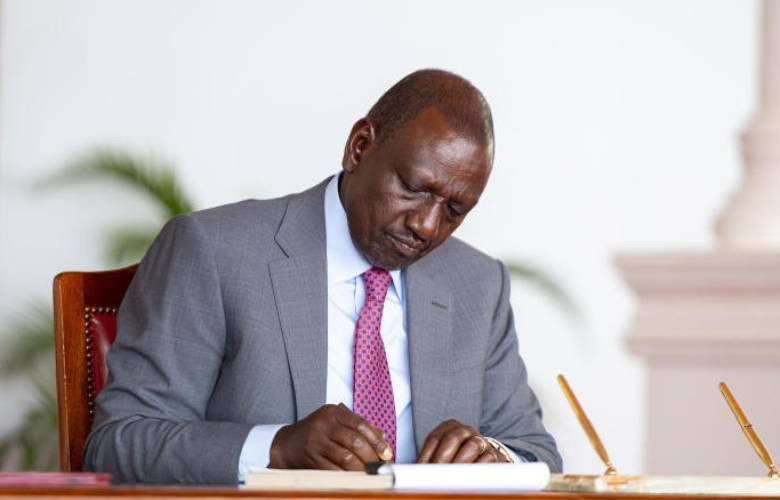Let’s face it. There is a narrow line between political and sports news these days. This week saw the Housing Fund Levy rapidly turn into a boxing match for protagonists as powerful as bantamweight boxers Fatuma Zarika and Catherine Phiri.
Since December 2018, a court order obtained by the Federation of Kenya Employers (FKE) and others has held up the roll out of the Housing levy Fund. In violation of that court order, this Tuesday the Housing Ministry and Kenya Revenue Authority directed that employers and employees would start remitting 1.5 per cent of their basic salaries and employer contributions to the National Housing Development Fund in three weeks.
Within 24 hours, the Consumer Federation of Kenya (Cofek) had rushed to court and convinced Justice Maureen Onyango to suspend the Government directive for a month to consolidate the earlier objections raised by Cofek, FKE and Central Organisation of Trade Unions.
The stated intention of the Affordable Housing Programme is noble. Building 500,000 affordable houses for low income (though not poor) Kenyans through Government, business and citizens cannot be faulted. It is in the mandatory nature and design that the controversy lies. The model operates like a lottery. All employees’ salaries are deducted, but only contributors whose salaries are less than Sh100,000 per month get to apply for houses. Reassurances that all those that miss out can withdraw their savings after 15 years or retirement have fallen on deaf ears.
Past experiences with the pillage of the National Health Insurance Fund and National Social Security Fund or the non-transparent diversion of homes built under the Kenya Slum Upgrading Programme, Slum Upgrade Initiative and the Railways Project to friends of the state informs the scepticism. The lack of convictions of those involved in those cases and a paltry two years sentence or Sh10,000 fine for those caught misappropriating this fund confirms public suspicions. Why would you take a sensitive issue like taxation in a context of runaway corruption and not pay attention to accountability first?
English speakers draw a clear distinction between distrust and mistrust. Distrust is complete lack of trust based on experience. Mistrust is a general lack of trust based on instinct. I leave it to your judgement which represents the current public mood best in Housing Fund Levy debate. What is clear is that the current Government “take it or leave it, uta do?” attitude offends Chapter 1 and our national value of public participation on several levels.
The opposition from our employers, workers and consumers associations signals a lack of public support. Civic understanding and education have a better chance of building popularity. Chief of Staff and Head of the Presidential Delivery Unit Nzioka Waita read this well when he declared no Kenyan without a Huduma Namba can lawfully be denied SIM cards or passports following threats by Communications Authority of Kenya and the National Immigration.
Forcing Government projects on citizens has a bigger danger. Low trust societies tend to lead to lower growth, higher corruption and political instability. Taxes are very sensitive. The colonial Government sowed the seeds of our nationalist movement by arbitrarily imposing and increasing hut and income taxes. Imprisoned Sudanese leader Omar Bashir is probably regretting right now that he did not respond to the cries of his people.
In the wake of the dams and other scandals, the Jubilee Government has yet to demonstrate that it has the integrity and knowledge to look after our money. Until that happens, the conditions may not legitimately exist for raising taxes to fund large-scale development projects.
The court has handed the Government another opportunity to address the fears that the lack of public consultation, poor management and corruption will torpedo another important policy initiative. It may also be worth revisiting other less politically costly alternatives to compulsory taxation.
Some of these include cutting the costs of cement, steel and construction, zero-rating locally manufactured products, waiving stamp fees, land rates and approval fees among others. Suspending the deductions and re-engaging stakeholders on a governance framework that offers appropriate safeguards against abuse would be a starting point for way out of the impasse.
- The writer is Amnesty International Executive Director. [email protected]
 The Standard Group Plc is a
multi-media organization with investments in media platforms spanning newspaper
print operations, television, radio broadcasting, digital and online services. The
Standard Group is recognized as a leading multi-media house in Kenya with a key
influence in matters of national and international interest.
The Standard Group Plc is a
multi-media organization with investments in media platforms spanning newspaper
print operations, television, radio broadcasting, digital and online services. The
Standard Group is recognized as a leading multi-media house in Kenya with a key
influence in matters of national and international interest.
 The Standard Group Plc is a
multi-media organization with investments in media platforms spanning newspaper
print operations, television, radio broadcasting, digital and online services. The
Standard Group is recognized as a leading multi-media house in Kenya with a key
influence in matters of national and international interest.
The Standard Group Plc is a
multi-media organization with investments in media platforms spanning newspaper
print operations, television, radio broadcasting, digital and online services. The
Standard Group is recognized as a leading multi-media house in Kenya with a key
influence in matters of national and international interest.








